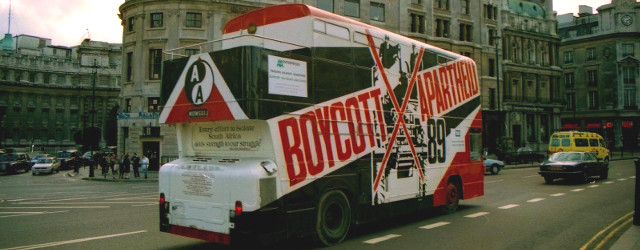Things We Won’t Say About Race That Are True says obvious things to anyone outside the progressive bubble, cataloguing an ideology drunk on its own dogma.
Anyone who prefaces their work with claims of unsayability is asking, by definition, for a drubbing. When they do so on primetime national television it should enter the realm of farce rather than mere insult. And when they were part of Tony Blair’s cohort, you have to wonder if they are taking the piss.
But that there is plenty to like about Trevor Phillips’ Things We Won’t Say About Race That Are True shows that sometimes the rules do not matter. Despite months of Ukip scandals over “negroid features” and other charming phrases, the former equality commissioner’s claim that his work under New Labour exacerbated the problems it was meant to tackle is a timely challenge for progressives, and may even prod British liberalism back into life.
Britain, it’s true, has regularly defiled free speech throughout its existence, locking people up for blasphemy, obscenity, treason and, more lately, being ironic on Twitter without notifying the authorities. But Phillip’s work covers a rather special brand of speech policing pursued by New Labour, based on the misinformed view that “if we could prevent people from expressing prejudiced ideas we could stop people thinking them”.
It is a despicable, wrongheaded and putrid notion that should have been spat into the fascist void from where it was drawn. What it has achieved, as Phillips shows, is not merely a failure to quash bigoted views, but a child rape spree in Rotherham, a resurgence of the fringe right in Ukip, and “segregation” throughout the country.
Such a record leads Phillips to make some interesting, if obvious, admissions: that Jews are more likely to be “rich and powerful”, that different races commit different crimes, and that “white and poor is the new black”. As he concludes, the equalities commission was “swimming against the tide, because many [racial stereotypes] are largely true”.
If anything his critique of his own work is too harsh. The rise in anti-racist hysteria must surely have been accompanied by some reduction in racist views, even if those that were left behind have become even more entrenched. Newer generations are less likely to be bigoted along racial, sexual or gender lines, which shows the commission was not entirely self-defeating, even if it added little.
The argument from Simon Woolley, another former equalities commissioner, that the admission of accurate stereotypes can be distorted by cynical hacks and politicians, is also fair, as is Blair’s assertion that in any cause “people go too far”. The taboos around race are certainly improvements on the former squeamishness around sex and scat.
Yet overall Phillips’ view that more has been lost than gained out of the the prohibitions on racism remains the more compelling. The prospect that views on “privilege” bubbling on the progressive fringe could one day become orthodoxy should also send a shudder down any liberal’s spine, not merely because they are rotten, retarded and racist in principle, but because their effects can be so malign.
The penultimate segment at a diverse school shows teachers turning their attention to the white poor – another mark against Phillips’ theory about the unsayable. If the politicos could afford to sideline the bigots through the last two decades, the rise of Ukip has finally caught their attention, and there is a growing sense in the press that something must be done.
That something necessitates admitting that diversity is a mixed bag. Not all aspects of foreign culture are nice, anymore than all aspects of English culture. And they certainly do not create equal results in the real world, where the majority of Britons actually live. It is amazing that the fiercest advocates of difference did their best to pretend it did not exist. But then doublethink has always gone well with thoughtcrime.
Image – R Barraez D’Lucca
